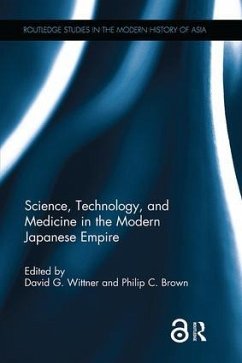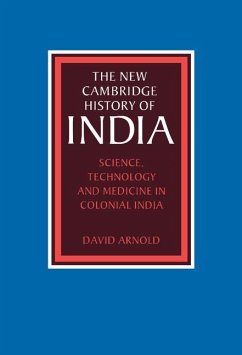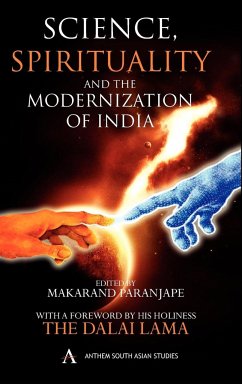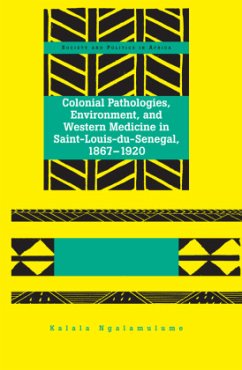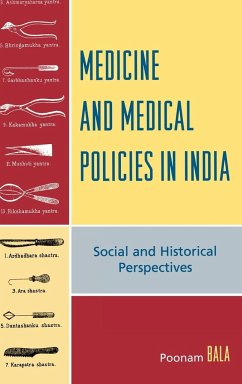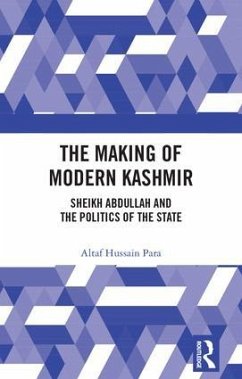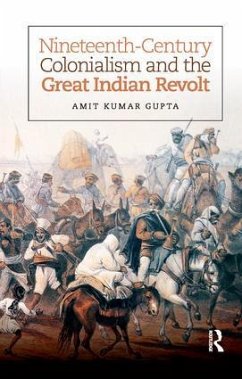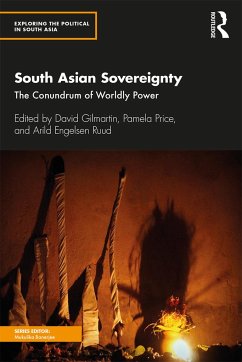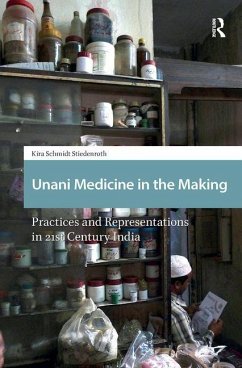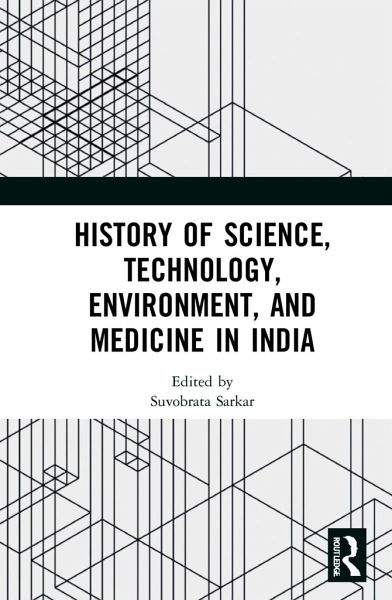
History of Science, Technology, Environment, and Medicine in India
Versandkostenfrei!
Versandfertig in 1-2 Wochen
168,99 €
inkl. MwSt.

PAYBACK Punkte
84 °P sammeln!
This volume studies the concept and relevance of HISTEM (History of Science, Technology, Environment, and Medicine) in shaping the histories of colonial and postcolonial South Asia. Tracing its evolution from the establishment of the East India Company through to the early decades after the Independence of India, it highlights the ways in which the discipline has changed over the years and examines the various influences that have shaped it. Drawing on extensive case studies, the book offers valuable insights into diverse themes such as the East-West encounter, appropriation of new knowledge, ...
This volume studies the concept and relevance of HISTEM (History of Science, Technology, Environment, and Medicine) in shaping the histories of colonial and postcolonial South Asia. Tracing its evolution from the establishment of the East India Company through to the early decades after the Independence of India, it highlights the ways in which the discipline has changed over the years and examines the various influences that have shaped it. Drawing on extensive case studies, the book offers valuable insights into diverse themes such as the East-West encounter, appropriation of new knowledge, science in translation and communication, electricity and urbanization, the colonial context of engineering education, science of hydrology, oil and imperialism, epidemic and empire, vernacular medicine, gender and medicine, as well as environment and sustainable development in the colonial and postcolonial milieu. An indispensable text on South Asia's experience of modernity in the nineteenth and twentieth centuries, this book will be of interest to scholars and researchers of modern South Asian studies, modern Indian history, sociology, history of science, cultural studies, colonialism, as well as studies on Science, Technology, and Society (STS).



